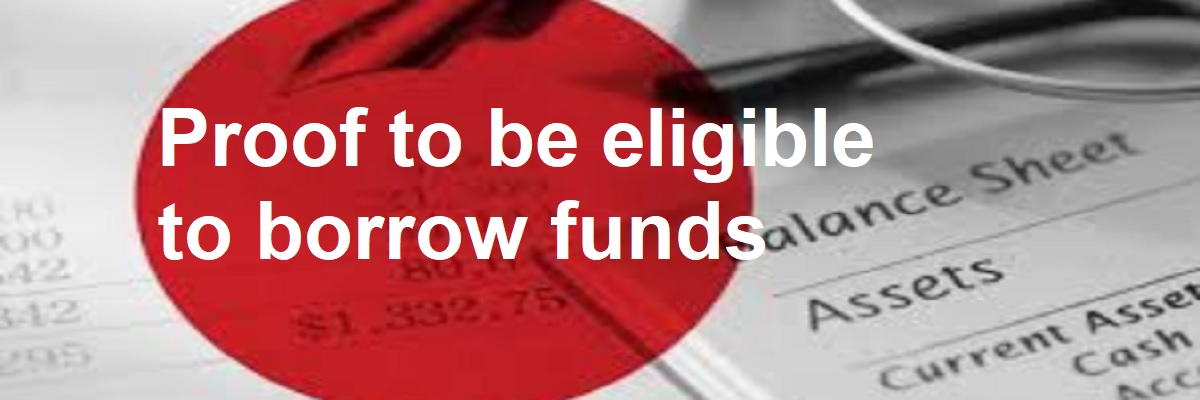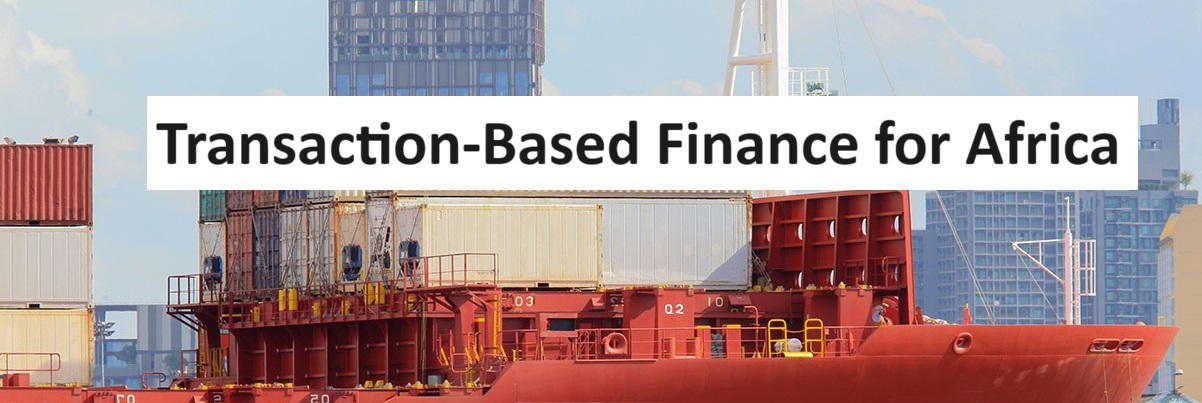
A bank confirmation letter (BCL) or a Proof of Funds letter (POF) is a letter from a bank or financial institution confirming the existence of a loan or a line of credit that has been extended to a borrower.
The letter officially confirms the fact that the borrower—typically an individual, company, or organization—is eligible to borrow a specified amount of funds for a specified purpose. All this can be achieved with a POF Proof of Funds and BCL Bank Comfort Letter issued as a hard copy bank letter, or via SWIFT sent from bank to bank.
A bank confirmation letter (BCL) validates that a bank has a line of credit in place with one of its customers.
The BLC is not a guarantee of payment, but an assurance of the borrower’s financial resources to complete a purchase.
Bank confirmation letters are typically issued to business customers vouching for their creditworthiness.
Bank confirmation letters can also be issued for a company that is entering into a joint venture project with another company.
Individuals may request a BCL during the purchase of a home or land in order to secure a mortgage or establish creditworthiness with the seller.
Bank confirmation letters typically require the signature of representatives of the bank or the financial institution who are authorized to issue such correspondence.
Since a letter of confirmation is issued in regard to a particular transaction or project, it’s not transferable to a different transaction or project. If the bank’s customer decides to enter into a different deal or purchase, the customer usually is required to obtain a new letter of confirmation.
For example, a prospective home buyer decides to buy a different home than the one specified in the bank confirmation letter; a new BCL would be needed.
Regulations vary from country to country in terms of whether and to what extent a letter of confirmation must state the specific purpose for which a loan or line of credit is being extended to the borrower.
Common Uses of a Bank Confirmation Letter
Bank confirmation letters are most commonly prepared for a business customer of the bank, vouching for the existence of a specified line of credit. The letters often serve to reassure sellers of a large number of goods.
They may also be issued for a company that is entering into a joint venture project with another company. While the letter does not guarantee payment or provision of funds, it does provide an assurance of a high probability of the company receiving payment from the bank’s customer.
A bank confirmation letter serves to assure all concerned parties in a business transaction that the bank’s customer (the borrower) has, or has available, the necessary financial resources to conclude the transaction.
The most common use of a bank confirmation letter by an individual is during the purchase of a home or land. In such cases, the letter provides confirmation to a seller or realtor that the bank’s customer is approved for a mortgage up to a specified amount for a proposed purchase.
The letter is not a commitment to buy the property; it is merely a reassurance that the bank’s customer has access to funds to complete a purchase. In most situations, a prospective buyer will not be able to close on a property without having a bank confirmation letter in hand.
How do Bank Confirmation Letters (BCL) work?
A bank confirmation letter’s purpose is to assure a third party, generally a seller, that the borrower has access to sufficient financial resources to complete a transaction, such as the purchase of goods. The confirmation letter—sometimes known as a comfort letter—is not a guarantee of payment, but only an assurance of the borrower’s financial resources to make payment.
How do I get a Bank Confirmation Letter?
A bank confirmation letter can be received from your bank upon request. The bank will issue the letter with the appropriate signatures and provide it to you.
What Is a Bank Verification Letter?
A bank verification letter is the same as a bank certification letter; a letter from a bank confirming that an individual has an account at that bank with the total value of the funds in the account.
How do I get a Bank Confirmation Letter from my bank?
To obtain a bank confirmation letter from your bank you may request in-person at a bank branch from one of the bankers, by a phone call to the bank, and depending on the financial institution, through their online platform.
If you can’t get it from your own bank, request information of how you can get it hard copy, or issued via SWIFT from willing and supporting banking institutions against payment of arrangement fees!
This type of transaction can be available for transactions starting at Euro 250,000. Flexibility comes with the willingness of a bank to engage into an enhancement transaction and avail the required to achieve Credit Enhancement at the client’s own bank, a third party, or a seller. This comes however with a delivery protocol that requires that the agreed upon fees are deposited in cash with the provider before the instrument is emitted and sent.
The procedure to get Credit Enhancement structured usually starts with the appointment of a professional manager empowered through a mandate and the placement of a retainer.
Here are some other Credit Enhancement tools. Basically these are financial instruments which may come in these formats and are usually advised on a bank-to-bank basis, like L/C and DLC – Letter of Credit and Documentary Letter of Credit, SBLC – Standby Letters of Credit, BG – Bank Guarantee, Bid or Tender Bond, RWA – Ready, Willing, Able confirmation, POF Proof of Funds and BCL Bank Comfort Letter, BF– Blocked Funds, CD –Certificate of Deposit, Pre-Advice via bank to bank SWIFT
Chances to materialize a transaction can be very high if the borrower’s company is of substance. If you would like to discuss this further, please use the reply form, or call 00353860325153. This number also works on Whatsapp, Signal, Telegram and WeChat.
|
Banks must have a balance between the assets they hold or have in custody and the credit lines to customers. This relationship has become increasingly stringent over the past decade. The collapse of Silicon Valley Bank raises again fears of new financial crisis. Despite authorities' efforts to limit the impact of bank's failure, investors fear a spillover. Banks have many illiquid assets that do not allow them the necessary maneuverability to open lines of credit. For this reason, banks are looking for liquid collateral that can counterbalance the relationship between assets/loans, allowing banks the ability to operate within central bank regulations. NOTE: The content of this report is part of an abstract of the 577-page book we make available to our contracted clients providing guideline to successfully structure project finance with the help of third-party collateral and Prime Bank Guarantees. It is widely read by private sector investors and lenders who intend to make project finance deals.
|

Funding African Trading Transactions

The Power of a Loan Agreement

A helpful Strategy to attract Investors

How a Loan Agreement can attract investors.

Proof to be eligible to borrow funds

How to benefit from a Loan Agreement if you don’t have collateral.

How to benefit from a Loan Agreement asking for collateral.

How a Loan Agreement can get you in funds.

Why should a client provide a Mandate and place a retainer to get a bank instrument and credit enhancement service?
Not satisfied with the results of your own Project Funding activities?

